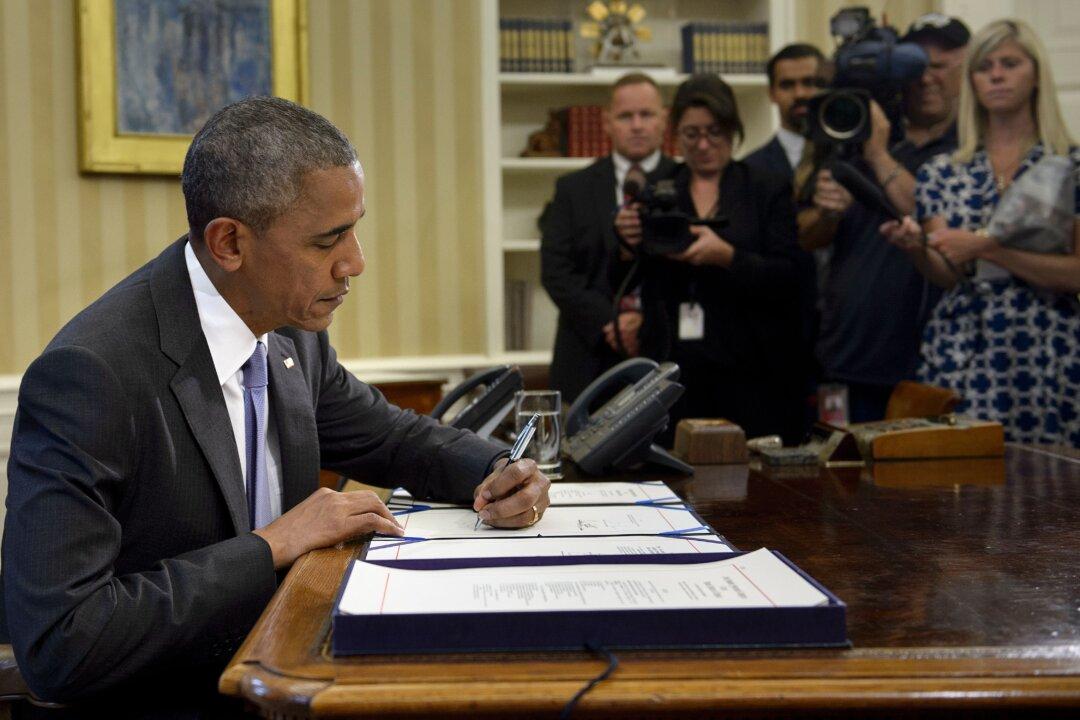A bipartisan group of U.S. Senate and House leaders wants Attorney General Merrick Garland to remind federal agency heads that they’re required by law to make public any documents sought under the Freedom of Information Act (FOIA), unless they have a solid legal reason to do otherwise.
Their Feb. 23 letter was prompted by Garland’s failure in the first year of President Joe Biden’s administration to do what other recent attorneys general have routinely done, which is to circulate such a reminder prior to the end of that first year.





